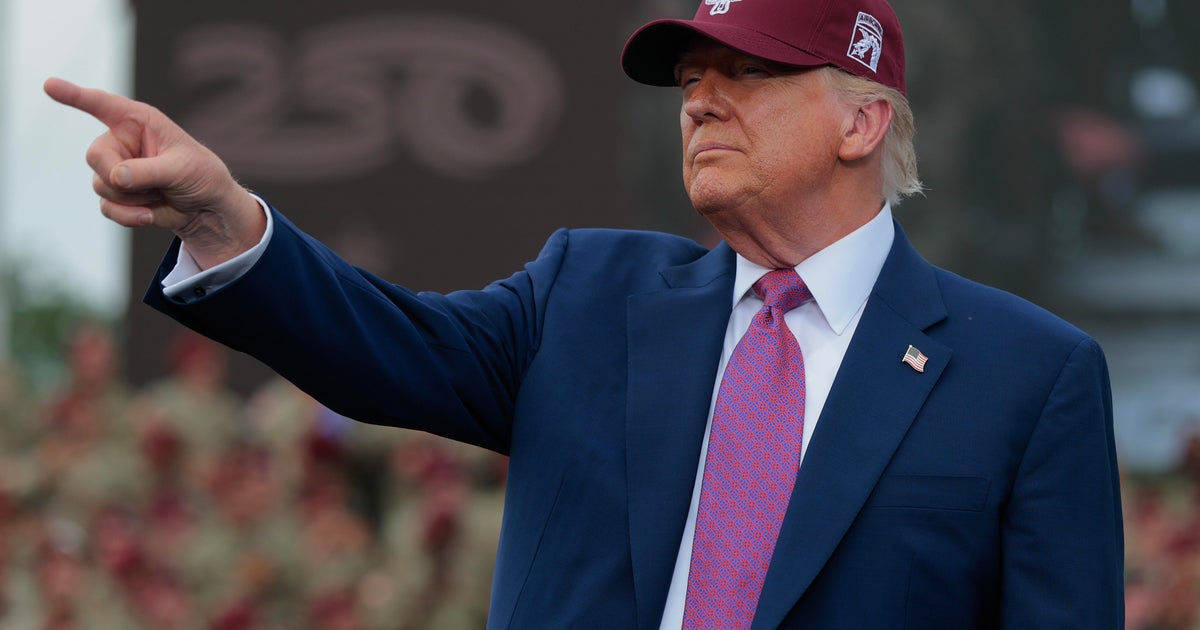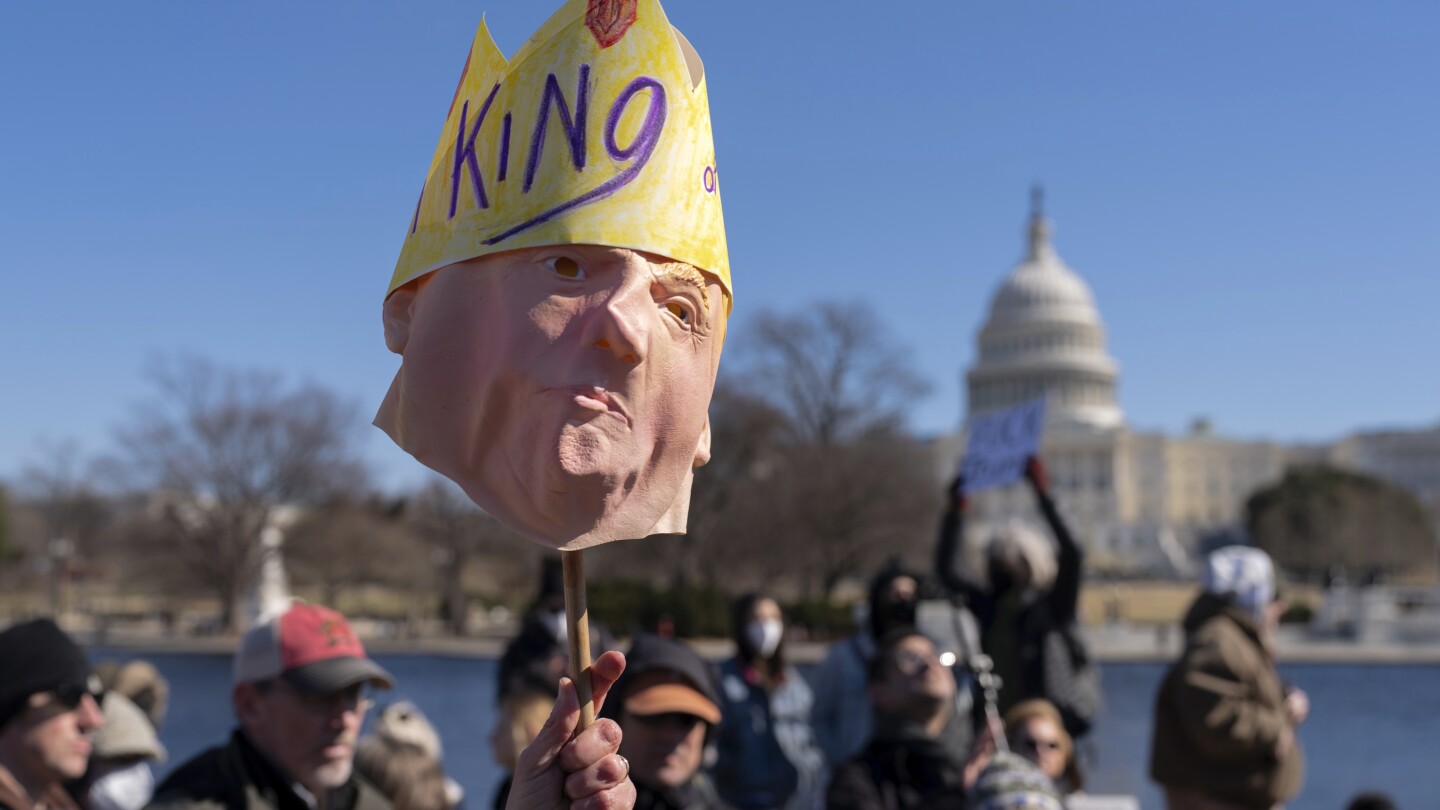Protest movements across the United States are gaining momentum, with citizens expressing their discontent over what they perceive as alarming trends in politics and governance. The "No Kings" protests, held on Presidents Day as a symbolic gesture against perceived authoritarianism, have drawn attention and participation from a diverse range of individuals.
In Washington, D.C., individuals gathered near the Capitol building on Presidents Day to participate in the "No Kings Day" protest. The event, organized by the 50501 Movement, aimed to voice opposition to recent actions taken by President Donald Trump and Elon Musk. Participants carried signs and banners with messages such as “Federal Employees Don’t Work for Kings,” reflecting concerns over the administration's policies and practices.
The protests have extended beyond the nation's capital, with events planned in several cities across the country. The timing of these demonstrations, including the mobilization in Minnesota's capital city of St. Paul, coincides with President Trump's military parade in Washington, D.C. The juxtaposition of celebratory events like the Army's 250th anniversary with widespread protests highlights the diverse perspectives and sentiments present in American society today.
The sentiment expressed by the organizers of the "No Kings" movement underscores a broader dissatisfaction with what they perceive as increasing authoritarianism and corruption within the current administration. By labeling the parade as a display of ego and advocating for democracy, individuals are making a statement about their values and beliefs in contrast to the government's actions.
In addition to challenging the militarization of democracy and what they see as billionaire-driven politics, the protesters emphasize nonviolent action and community engagement. The emphasis on peaceful means of dissent reflects a commitment to civil discourse and the promotion of democratic ideals, even in the face of perceived threats to these principles.
The involvement of prominent figures such as Governor Tim Walz, Lt. Gov. Peggy Flanagan, and Attorney General Keith Ellison in the St. Paul protest underscores the significance of these events. By bringing together a diverse coalition of activists, government officials, and community members, the protests signal a collective effort to uphold democratic values and hold those in power accountable.
The nationwide scope of the demonstrations, with events planned in nearly 2,000 locations, demonstrates the widespread concern and engagement of citizens across the country. By coming together to voice their dissent and advocate for change, participants in the "No Kings" protests are contributing to a broader conversation about the future of American democracy and governance.
As the protests continue to unfold and gather momentum, they serve as a stark reminder of the diverse range of perspectives and voices shaping the political landscape in the United States. The dialogue generated through these events has the potential to influence policy decisions, public discourse, and the direction of the country as a whole.


